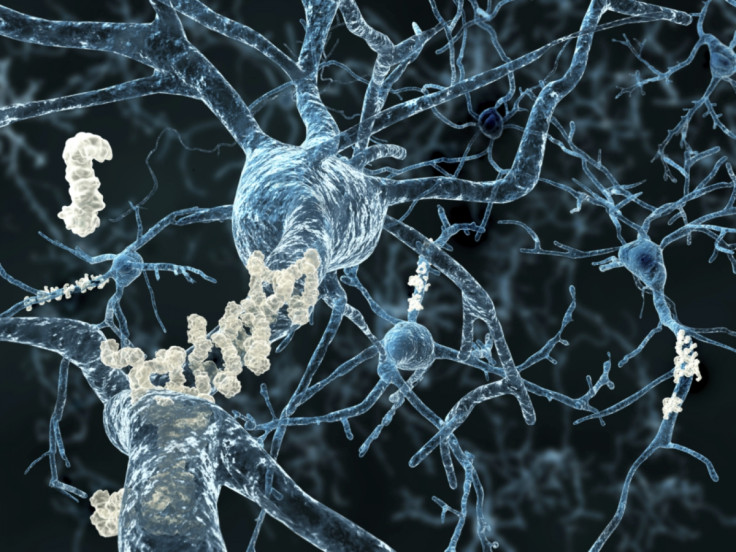Experimental Alzheimer's drug restores memories and cognitive skills in mice
Drug NTRX-07 found to target cause of Alzheimer's by preventing and reducing inflammation of the brain.

An experimental drug to treat Alzheimer's has been found to restore memories and improve cognitive skills in mice. The discovery, researchers say, could pave the way for new treatments for the disease that targets the cause rather than the symptoms.
The drug, NTRX-07 (formally known as MDA7), was found to prevent inflammation of the brain and remove the build-up of plaques – the hallmark of Alzheimer's disease. Scientists from the Cleveland Clinic presented their findings at the Anaesthesiology 2016 annual meeting in Chicago.
Mohamed Naguib and colleagues tested the drug on mice that had been bred to have a neurodegenerative disease similar to Alzheimer's. In this mice model, inflammation was produced in response to changes to the brain's immune cells - microglia cells - that would normally remove amyloid plaques.
The microglia cells' inability to remove the plaques led to inflammation and damage to the nerve cells. This, in turn, led to decreased cognitive ability. As the disease progresses, damage to the brain leads to memory loss and confusion.
Microglia cells have receptors on the surface called Cannabinoid type 2 (CB2) receptors. When these are activated they produce an anti-inflammatory response. The new drug targets these receptors to lead to decreased inflammation – preventing damage to the brain tissue and allowing for improved removal of the amyloid plaques.

Read more on Alzheimer's:
Our brains 'slacken' as we age - and this could improve Alzheimer's disease diagnosis
Alzheimer's symptoms reversed in mice using plague-digesting protein injection
Liraglutide clinical trial on verge of being blockbuster cure for Alzheimer's disease
The drug also works by increasing the levels of the protein SOX2, which helps new brain cells develop and protects the brains of people with Alzheimer's. In their study, scientists treated the mice with NTRX-07 while a control group was given a placebo.
In mice treated with the drug, levels of SOX2 were restored to normal levels and they showed restored synaptic plasticity, cognition and memory. In contrast, mice given the placebo had poor memory performance, poor removal of amyloid plaques, active inflammation and decreased levels of SOX2.
"This drug may reduce inflammation in the brain, which is linked to Alzheimer's disease," Naguib said. "NTRX-07 uses a different mechanism than many other Alzheimer's drugs currently available, as it targets the cause of the disease, not just the symptoms."
Naguib is currently involved in several patents regarding NTRX-07. He also founded NeuroTherapia, Inc, with study co-author Joseph Foss. The company aims to use NTRX-07 to develop therapies for diseases where neuro-inflammation is the underlying component. At present, the company is doing pre-clinical safety studies. It hopes to begin testing on humans next year.
© Copyright IBTimes 2025. All rights reserved.






















